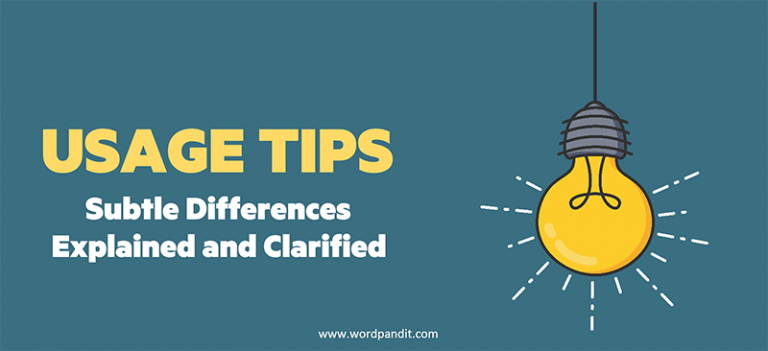Clarifying Confusing Word Pairs: Equable vs. Equitable 🌱⚖️
Introduction
Have you ever stumbled over the words equable and equitable, wondering if they meant the same thing? 🤔 You’re not alone! These two words may sound similar and share a common Latin root, but they have very different meanings. Understanding the distinction is crucial, especially when communicating effectively or interpreting nuanced texts. Let’s clear up the confusion once and for all! ✨
These words often appear in similar contexts, which is why they can be so confusing. Imagine trying to describe a peaceful vacation or a fair decision—you might reach for one of these words without knowing which is best. Knowing the difference will not only improve your writing but also make your communication more precise and impactful. 😊
Detailed Explanation of Each Word
Equable 🌊
- Definition: Equable refers to someone or something that is calm, even-tempered, or not easily disturbed. It can also describe a climate that is mild and steady. When we talk about someone as being equable, we mean they have a natural steadiness, a kind of tranquility that is not easily shaken. It’s a trait often admired in leaders or those who work in high-pressure environments.
- Pronunciation: EH-kwuh-buhl 🔊
- Etymology: Derived from the Latin word “equabilis” meaning “equal or uniform,” equable has evolved to represent stability and steadiness. This origin gives us a clue as to why the word is used in the context of temperaments or climates—it’s all about maintaining balance.
- Usage Examples:
- She was known for her equable disposition, never getting flustered even in stressful situations. 😊 Her calm nature made her the perfect person to handle disputes in the office.
- The island’s equable climate made it a perfect vacation destination. 🏝️ You could always count on pleasant weather, with no unexpected storms or harsh conditions.
- Synonyms: calm, composed, steady 💆♀️
- Antonyms: excitable, unstable ⚡
Equitable ⚖️
- Definition: Equitable means fair and impartial, typically in the context of distribution or treatment. It often refers to decisions, laws, or policies that are just and unbiased. An equitable approach is one that considers the needs of all parties and ensures fairness, which makes this word especially important in legal and social contexts.
- Pronunciation: EH-kwih-tuh-buhl 🔊
- Etymology: Coming from the Latin word “equitabilis,” meaning “fair or just,” equitable has always emphasized justice and impartiality. Its root in fairness is what makes equitable so important in contexts where justice is a concern, whether in a courtroom or a boardroom.
- Usage Examples:
- The judge made an equitable decision that considered all parties involved. ⚖️ The fairness of his ruling ensured that no one felt they had been treated unjustly.
- The charity’s goal is to create a more equitable distribution of resources. 🤝 They wanted to ensure that everyone, regardless of background, had access to basic necessities.
- Synonyms: fair, impartial, just ⚖️
- Antonyms: biased, unfair ❌
Comparison and Contrast 🔍
While both words come from the Latin root relating to equality, their meanings diverge significantly. Equable focuses on consistency and calmness, often used to describe personalities or climates. In contrast, equitable is all about fairness and justice, particularly in treating others or making decisions. Imagine a serene, even-tempered friend (equable) 🧘♂️ versus a judge who is committed to fairness (equitable) ⚖️. They may share a root, but their branches reach in very different directions! 🌿
The difference is not just academic—using these words correctly helps convey specific qualities. You wouldn’t want to describe a fair decision as equable, nor would you want to describe someone’s calm demeanor as equitable. Recognizing these nuances is key to using each word properly.
Contextual Usage
To illustrate the difference, consider this sentence:
The mediator remained equable throughout the negotiations, ensuring that all parties received equitable treatment. 🤝 Here, equable describes the mediator’s calm demeanor, while equitable refers to the fair treatment of everyone involved. This example highlights
Test Your Knowledge: Equable vs. Equitable 📝
1. The teacher maintained an ___ demeanor even during the most challenging class.
2. The committee aimed for an ___ distribution of the funds.
3. Equable means fair and just.
4. Which of the following is a synonym of ‘equable’?
5. The climate in the coastal region is described as ___ because of its year-round mildness.
6. Which word originates from the Latin meaning ‘fair or just’?
7. She stayed ___ during the debate, ensuring that each participant received ___ treatment.
8. Which word can describe someone’s calm personality?
9. Equitable can describe someone’s calm personality.
10. The manager remained ___ and ensured an ___ division of responsibilities.













